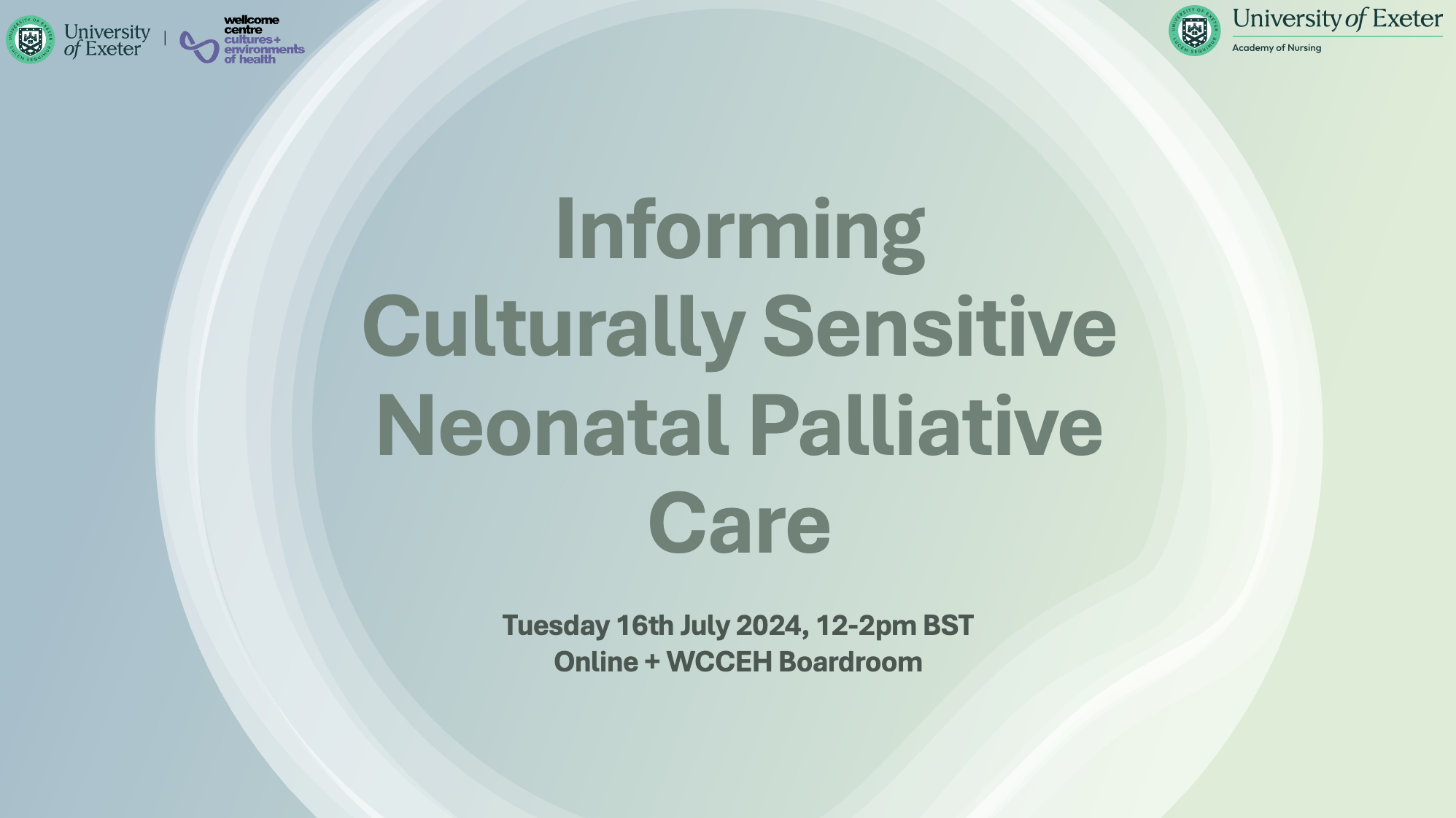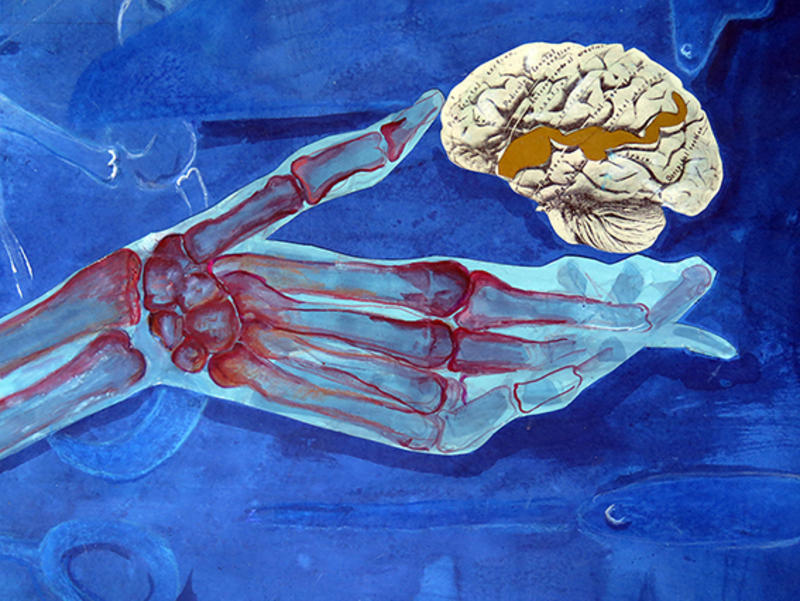New policy briefs support country strategies to control and eliminate monkeypox in the WHO European Region
WHO/Europe has launched a series of new policy briefs on monkeypox for the WHO European Region, which covers 53 countries across Europe and central Asia. The briefs will support Member States that are already responding directly to the outbreak, and help to prepare those that have not yet reported cases.
The first brief in the series, entitled “Considerations for the control and elimination of monkeypox in the WHO European Region”, was developed in collaboration with the European Centre for Disease Prevention and Control (ECDC). It provides an overarching set of recommendations on how to control the outbreak and, ultimately, achieve and sustain elimination of monkeypox in the Region. No single intervention will achieve this goal – success will depend on the application of multiple interventions in combination.
Explaining the importance of the briefs, Dr Catherine Smallwood, WHO/Europe’s Senior Emergency Officer and Monkeypox Incident Manager, said, “The aim is to build on the early response to monkeypox in the European Region, with a clear overall aim to eliminate sustained human-to-human transmission in the Region.”
Dr Hans Henri P. Kluge, WHO Regional Director for Europe, added, “Our Region was where the initial cases in this outbreak emerged, where we are seeing the first signals of the outbreak slowing, and where we believe we can eventually eliminate monkeypox if we commit to doing so. This policy objective is a clear message to all on what we think the ultimate goal is.”
Dr Andrea Ammon, Director of ECDC, commented, “Through a number of complementary steps taken simultaneously, this brief from WHO/Europe outlines the ways in which we can begin to control the monkeypox infection in the European Region. These steps include, among others, the isolation of cases, the appropriate use of therapeutics and vaccines, as well as engaging with affected communities, which can ensure public health information is communicated quickly and effectively. We stress that multiple steps and approaches must be implemented simultaneously to ensure impact. It also proposes indicators to monitor country-level progress towards this goal.”
The second document in the series, entitled “Policy brief on vaccination against monkeypox in the WHO European Region”, will be of particular interest to national immunization programme managers. It provides a useful reference for planning monkeypox vaccination programmes, especially in the context of limited supplies of vaccines and the need to generate evidence on their use.
Explaining the purpose of this policy brief, Dr Siddhartha Sankar Datta, Regional Adviser on Vaccine-preventable Diseases and Immunization for WHO/Europe, said, “Not only does it contain descriptions of the available vaccines, it also brings together vaccine recommendations from WHO and other international agencies, summaries of vaccination strategies already implemented by countries in the Region, and guidance on the decision-making process.”
WHO/Europe continues to work with a range of partners, including ECDC, Member State health authorities and providers, civil society organizations, and organizers of large events, such as those for Pride, to ensure a multisectoral and collaborative approach to addressing the monkeypox outbreak across the Region.




